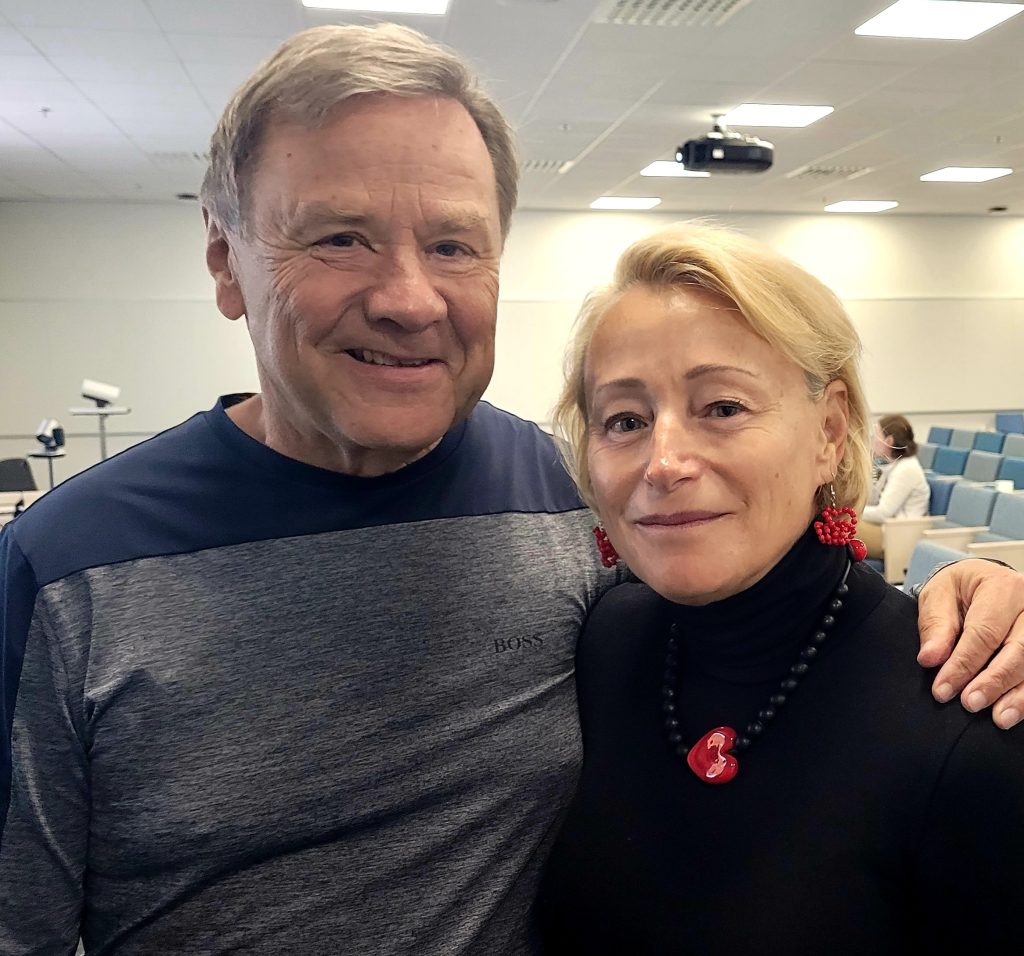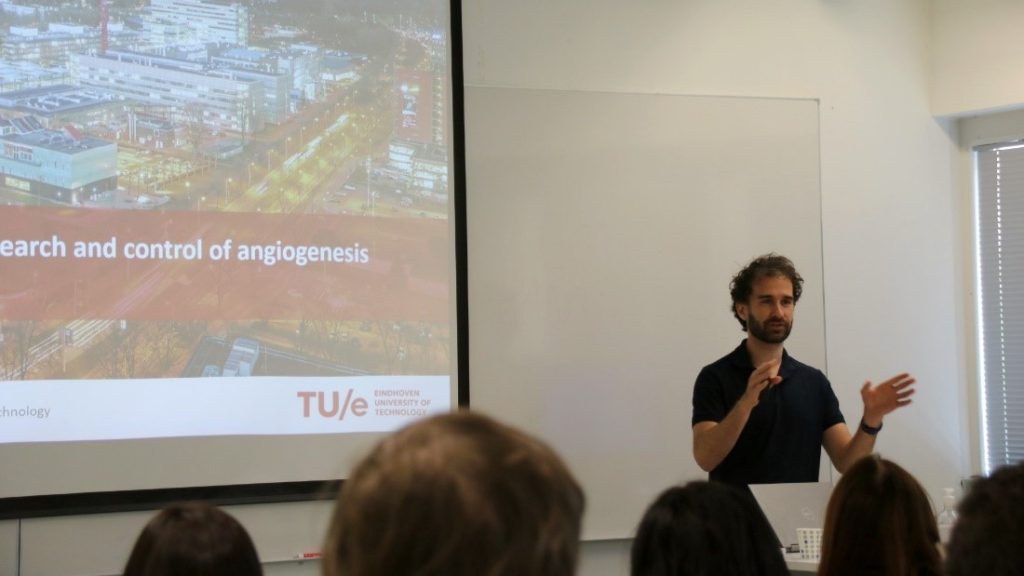
When I was asked to write a blog with the general concept of “networking”, the first thought was excitement. After all, this year’s Summer was chock-full of InFLAMES events and networking opportunities. Which were met with great success as well I dare say! Before holidays InFLAMES summer get-together in Örö was blessed with great weather and great many wonderful participants, the InFLAMES Doctoral Module came together for the first time ever in August, and the BioCity Symposium had an all-time record of registrations.
Quite soon the original eagerness was replaced with a looming sense of dread. Sure, it’s wonderful that opportunities for people to meet each other in person are coming back after a two-year long grey lull caused by Corona, a name many were much happier associating to beer. However, how can I transform this positive progress into an interesting blog text? What exactly should I focus on?
Continue reading

